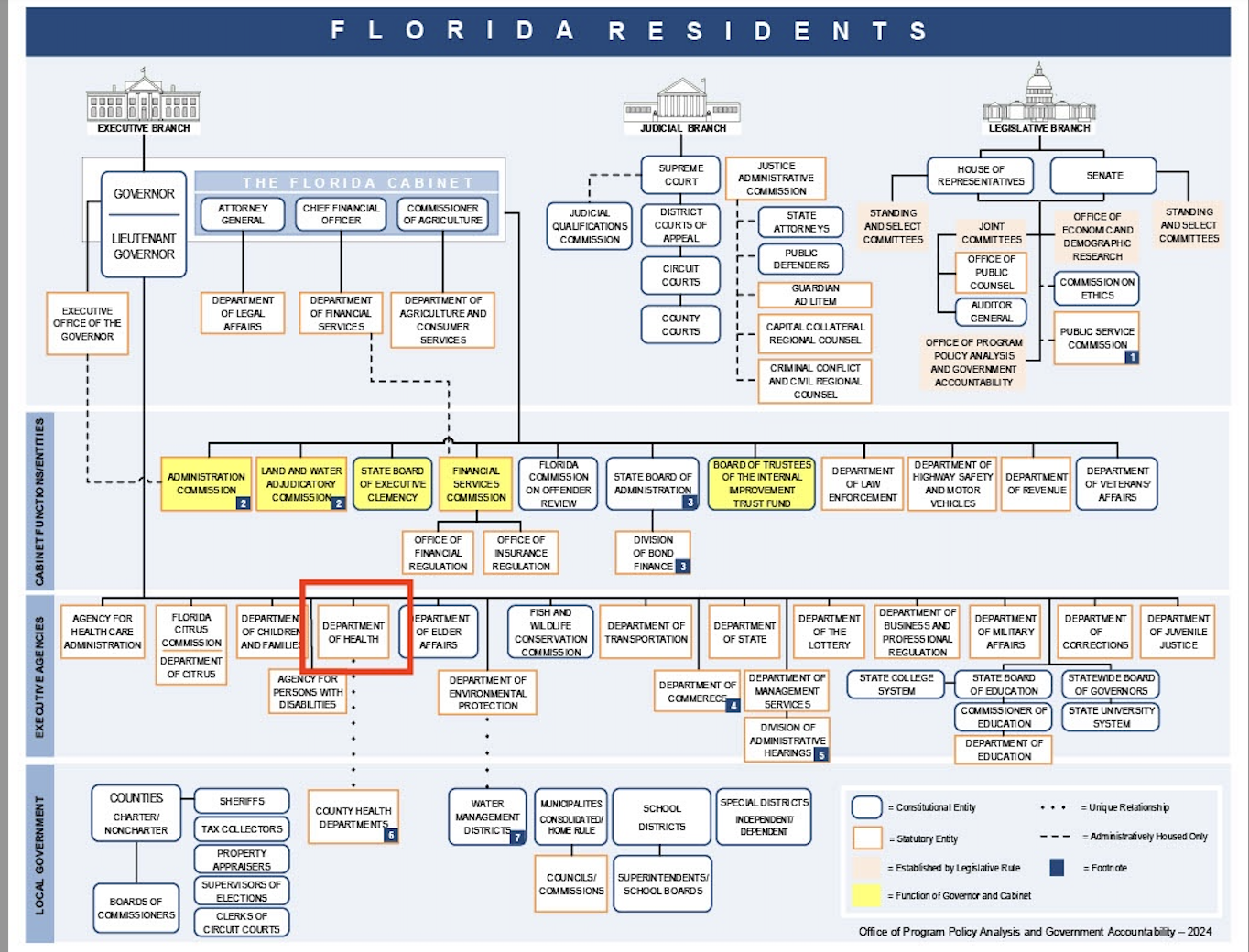Laws vs. Rules in Florida’s Medical Marijuana Program: What’s the Difference and Why It Matters
When Florida voters approved medical marijuana in 2016 by a landslide—71.3% in favor—they amended the Florida Constitution to establish the foundation for the state’s medical marijuana program. That amendment became Article X, Section 29 of the Florida Constitution, which authorizes both the Florida Legislature and the Department of Health to regulate the program. The Legislature may pass laws “consistent with” the Constitution, and the Department of Health may adopt rules to implement those laws through its Office of Medical Marijuana Use (OMMU).
But what’s the difference between a law and a rule? And why does it matter?
The Short Answer: Laws Set the Framework. Rules Fill in the Details.
In casual conversation, laws and rules often get lumped together under terms like “the regs” or “regulations.” But from a legal perspective, there’s a meaningful difference—especially for operators like Medical Marijuana Treatment Centers (MMTCs) and Certified Marijuana Testing Laboratories (CMTLs) who are subject to both.
Laws are passed by the Florida Legislature and codified in the Florida Statutes.
Rules are created by administrative agencies—like the OMMU—to implement or interpret those laws. (An “administrative agency” is a governmental body under the umbrella of the executive branch/Governor’s office. This area of law is often referred to as “administrative law” or “regulatory law”).
The laws are broad and directional; the rules provide the operational details.
A Concrete Example: Seed-to-Sale Tracking
Take section 381.986(8)(d), Florida Statutes, for example. This law requires the Department of Health to implement a computer software tracking system that monitors marijuana from seed to sale. It must provide 24/7 real-time access to data from all MMTCs and testing laboratories.
That’s the law.
The corresponding OMMU rules—such as Rules 64ER24-1 and 64ER24-2—outline the specifics: how inventory must be disposed of, how product ingredients are recorded, how data must be formatted, and so on.
So Why Does the Distinction Matter?
Because the process for changing or challenging a law is very different from that for a rule.
Laws can only be changed by the Legislature—or challenged in court on constitutional grounds.
Rules, on the other hand, are more flexible. Operators can:
Seek a waiver or variance from a rule in certain situations.
Challenge a proposed or existing rule through Florida’s administrative process.
Submit public comment during the rulemaking process to influence how a rule is written.
Understanding whether a requirement comes from a law or a rule helps you determine your options for compliance—or challenge.
Know Where to Look
The primary laws governing Florida’s medical marijuana program can be found in Sections 381.986 through 381.988, Florida Statutes.
The OMMU’s current rules are published here.
As a licensed operator, it’s essential to stay informed about both the statutes and the rules. Knowing who made the rule—and how it can be changed—can make a big difference in how you operate, respond to enforcement actions, or advocate for policy updates.
Need help understanding or navigating Florida’s cannabis laws or rules? Baxter Law advises MMTCs, CMTLs, and other stakeholders on compliance, licensing, enforcement, and regulatory strategy. Reach out any time.

